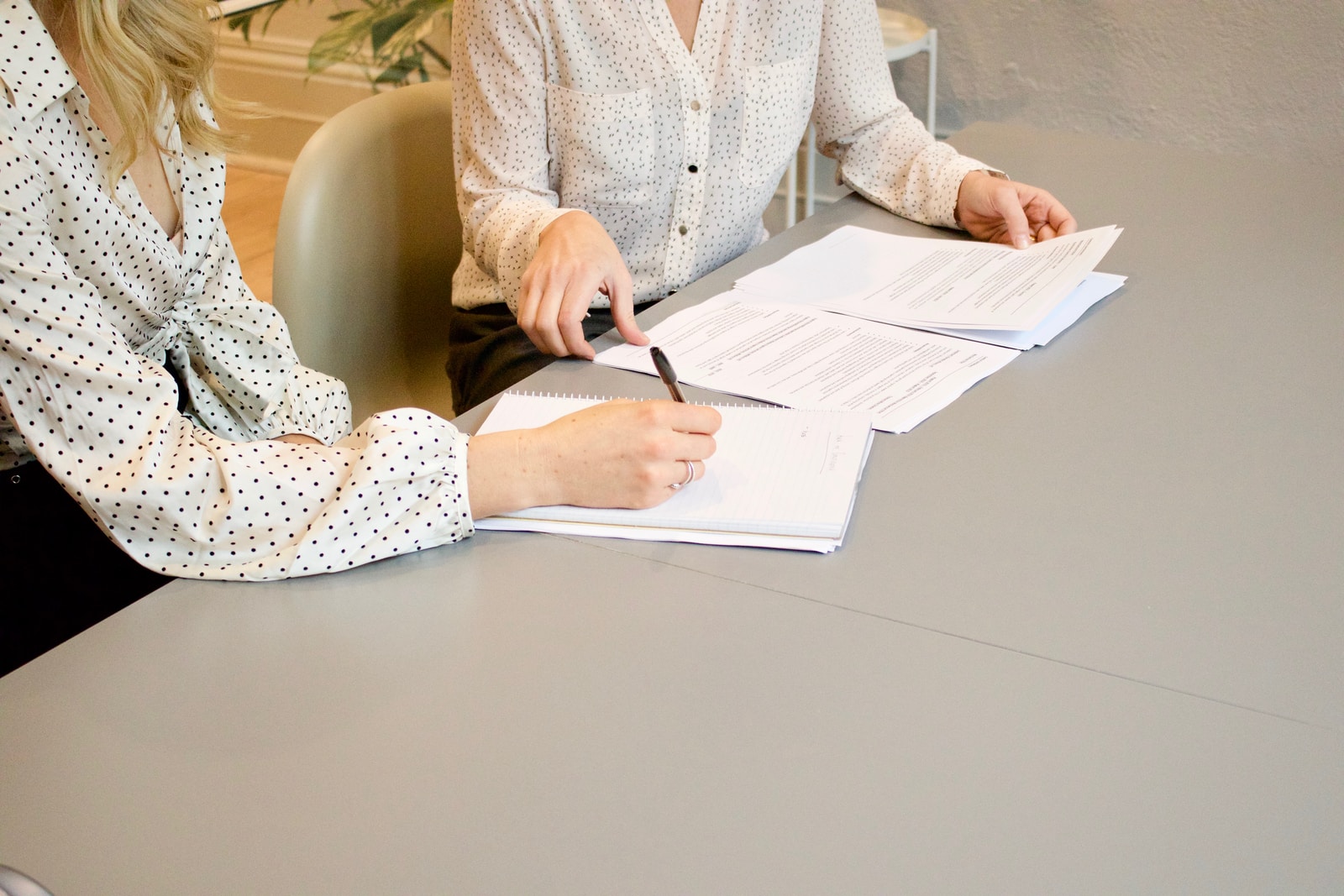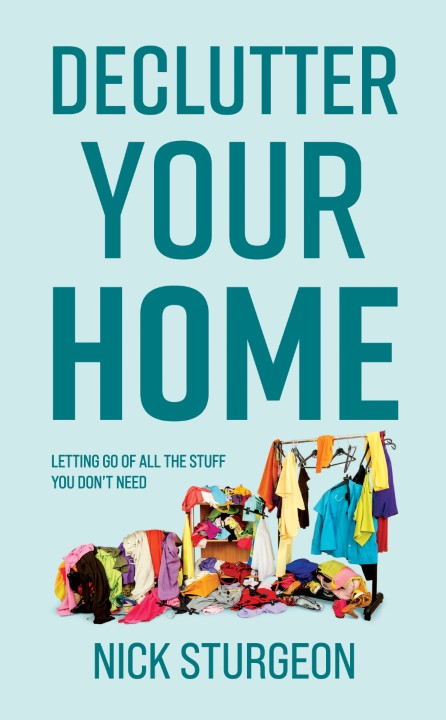If you are in a financial muddle and wanting to understand the trouble, then brew yourself a coffee, grab those statements and start to hunt for the clues that can help you get back in control. Within those columns of money in and out are the trends and spending patterns that reflect your approach to money.
Look at all transactions for a two month period, particularly at the regular and committed payment arrangements you have set up. Are any of these for Shopping Clubs you no longer participate in, for incentive and Discount Clubs that you joined to save money and yet never have enough money to spend to qualify for the Sports and Leisure or Dining Club activities you were seduced by to begin with. If you find any of these regular payment programmes, cancel the payment and cancel the commitment. Just three or four such items at $10 to $20 a month will save you $300 - $400 and more this year. Keep that money in your account and get the potential benefit of being able to ask for a discount the next time you are going to buy something significant and have the cash available for the barter.
Can you see some transactions you don't recognise? Raise these with your bank and have them check for fraud. Identity theft and false transactions are increasing as fraudsters become more skilled at making tiny deductions to accounts, on the correct idea that most people only query large deductions they don't recognise. It doesn't need to be fraud. You may have a load of small repeat payments for apps or services you have stopped using, but which you have never cancelled.
Are there regular small purchases such as Coffee and Snack Food to and from work each day which might constitute $10 or $20 per day, but which add up to several thousand spent over the course of a whole year? Making up a flask of coffee at home in the morning will save you a huge amount of money that can instead stay in your account and be used for investment and long term income. Take a food pack-up with you a couple of times a week as much for the variety of taste and flavour as for the money savings.
What about files, binders and unopened Financial Post stashed around your home and taking up useful shelf space or occupying cupboards? Get these all out and in one session go through them. If you have any papers that are more than a year old shred and dispose of them. A small shredder for your home will occupy far less space than the volume of unneeded statements, letters, documents and general papers that are taking up space in your life and adding to the stagnant energy.
Stay up to date with Financial Apps that allow you to track your spending or monitor your investment monies easily and all from your phone or laptop. Have you looked at installing a Water Meter to your home so you only get billed for your actual use? How about asking your Energy Company for a free Smart Meter to monitor your usage of gas and electric? With these installed you can actively manage the way you use energy in your home, often adjusting your behaviour simply because you become aware of the cost of usage. It can be tiring to deal with the potential mountain of financial paperwork that comes in to your home. Realise that no matter where the paperwork comes from you can choose what to do with each letter or email.
In your personal finances deal with each monthly summary statement as it comes in, whether by paper or email. Check the expenditure against your receipts. An easy way to do this is to take any purchase receipts from your purse or wallet on a certain day each week and put them in a place where you do your finances. If you don't have any specific filing area at home, each week take the expense receipts for that week and place them in an envelope. When your bank statement comes in simply check off the purchase receipts against the larger monthly statement. Everything should match.
The benefits of being more financially organised include greater peace of mind because you know where things are, more relaxation because you spend less time worrying and less wasted money because you are not repeat buying things that you thought you lost among the clutter. Good decisions are not supported by chaos, disorganisation or by having to look for information. As you sort, organise and structure your financial records you will naturally be drawn to look at their performance and the creation of more financial security and enhanced rewards from your activity.
In becoming better organised with household finances you can get closer to your financial goals, precisely because you know what your money is doing and how it is performing. By getting clear on financial paperwork, statements and information, you will naturally find yourself better able to make decisions about what to do with your assets so that they start to work for you, building your future wealth and financial freedom. The clearer you get with your finances the more likely it is that your money will work better for you.

